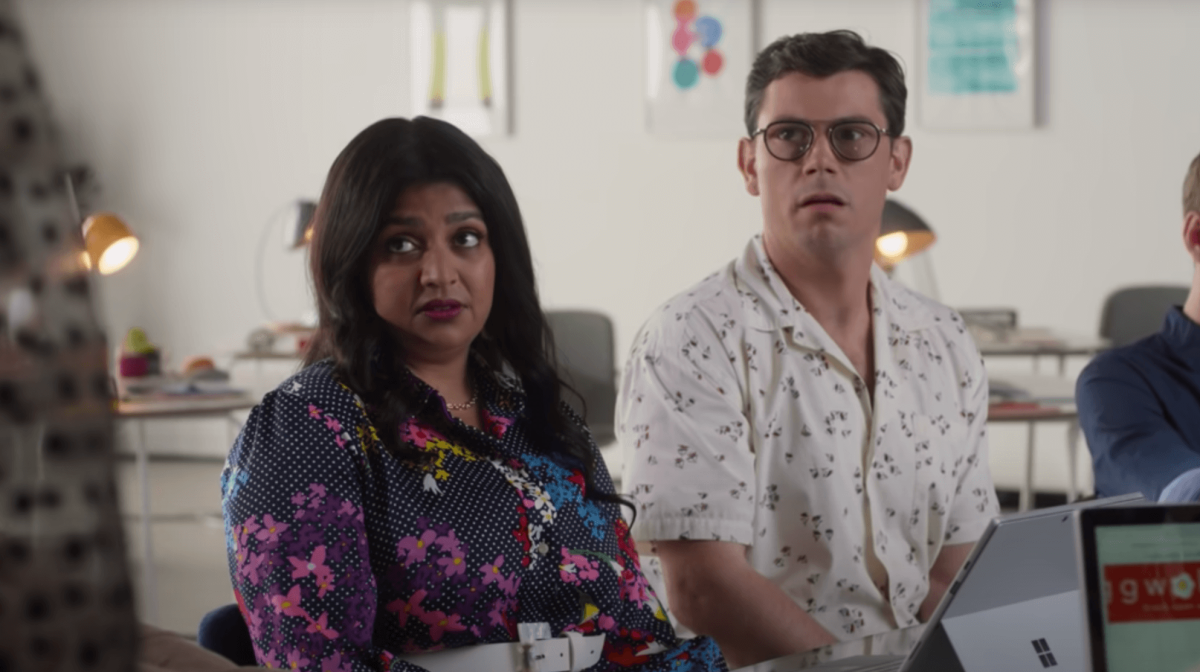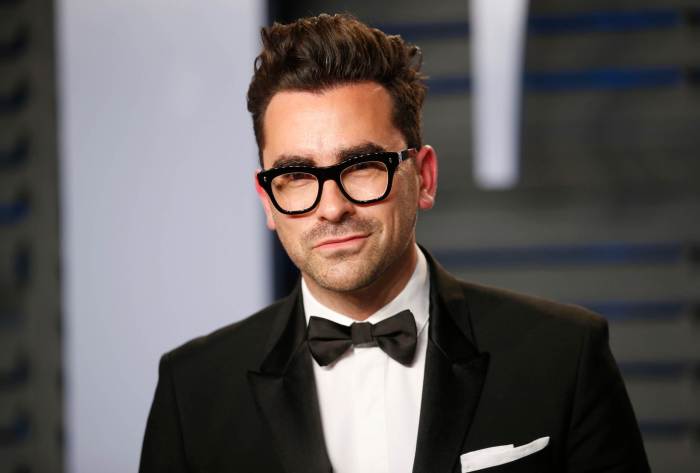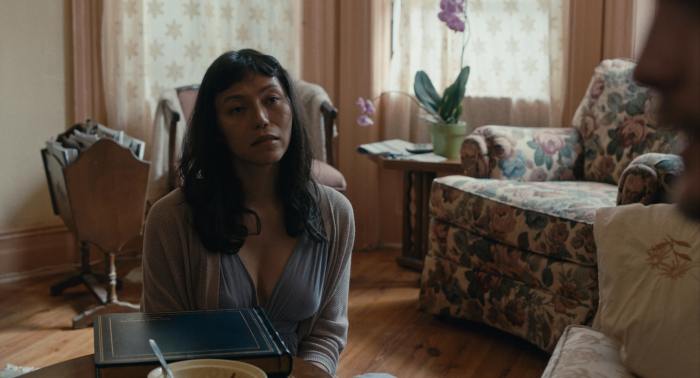The second and final season of “Special” is dropping on Netflix May 20, and for fans of the show, it is easy to binge all eight episodes in one sitting. Writer/producer/star Ryan O’Connell has created a series that is valuable not just for depicting being different — be that queer, disabled, or non-white — but about being kind. The show’s heart is in the absolute right place, and viewers will appreciate the sensitivity O’Connell uses in discussing the issues around disability, sexuality, and inequality. That said, sometimes folks must be cruel to be kind, and “Special” generates some of its humor when people simply tell it like it is.
For newcomers, or fans who need a brief recap, Ryan (O’Connell) is a 20-something gay man with cerebral palsy. He and his best friend, Kim (Punam Patel), work as writers for a website called Eggwoke. Their narcissistic boss, Olivia (Marla Mindelle), is shrewish in a very distinctive, amusing, way. Ryan has not spoken to his mom, Karen (Jessica Hecht), for two months. Their extremely close relationship hit a snag at the end of last season, and they are “taking a break.”
In the first episode, Ryan finds himself attracted to Tanner (out gay Max Jenkins), a cute guy he meets. However, Tanner is in a relationship — albeit an open one. Their friends-with-benefits status concerns Ryan, who doesn’t feel comfortable with the arrangement. Kim also meets someone, Harrison (out actor Charlie Barnett), a guy she thinks she can size up, but he surprises her. Meanwhile, Karen is grappling with loneliness and is seeking purpose in her life.
Much of “Special” traces these three main characters as they grow and find their self-worth and independence. While negotiating his relationship with Tanner, Ryan also goes out on a date with Henry (Buck Andrews), a neurodiverse gay guy he meets — at a funeral no less. Their bond makes Ryan question his lack of disabled friends. Kim is burdened by massive debt and moves back in with her parents (Anjali Bhimani and Ajay Metha), who shame her and force her to be more responsible. Karen’s arc involves her losing her mother and trying to find some happiness.
The eight episodes are satisfying because each half-hour offers moments that are comic, sexy, and often poignant. Ryan’s relationship with Tanner is sweet as they get to know each other, on a swing set at a playground (and denying impatient kids their turn), but it is also sexy during intimate scenes involving Ryan topping Tanner. But the best moments between the couple involve them being open and honest with one another, which can cause some friction. Ryan’s effort to be his best authentic self is both admirable and ingratiating, and viewers will be in his corner, always.
One of the points Ryan’s character makes is that he often has to educate others about his disability — and how exhausting that is. A particularly uncomfortable episode has Ryan being sexually fetishized by a guy, which makes him feel bad. Another episode features Ryan, Henry, and their friends with disabilities attending a disabilities-focused prom. O’Connell uses this event as yet another opportunity to show how many people often condescend to individuals with disabilities. But these teachable moments never feel preachy. Instead, they address Ryan’s need to fit in and know who he is.
Kim also struggles to fit in. As a curvy Brown woman, she often feels tokenized in the workplace. Her tough-talking persona hides the fact that she is quite insecure. She can be herself with Ryan, but she sabotages her relationship with the irresistible Harrison and later struggles with her feeling for her childhood friend Ravi (Utkarsh Ambudkar). Kim’s story provides a nice contrast to Ryan’s in that whenever one is happy, the other is miserable (or jealous), but their supportive friendship provides the heart of the series.
“Special” also gives Karen a voice, and while her narrative is arguably the weakest part of the show, Jessica Hecht’s performance is terrific. She transforms from a mousy doormat into someone with some backbone, which is gratifying. While it is painful watching Karen endure abuse by her shrill friend Tonya (Lauren Weedman), it is empowering to see Karen stand up and speak her truth both at her mother’s funeral and to a man who disrupts her while dancing with some friends.
As good as the series is for showcasing these characters and their situations, it is both necessary and disappointing that this season is the show’s last. Yes, the characters are lovable, and viewers will want their stories to continue, but “Special” also says what it needs to and does not wear out its welcome.
O’Connell deserves a gold star for creating a heartwarming, entertaining show that depicts underrepresented voices in ways that celebrate and appreciate rather than patronize.
SPECIAL | Season 2 on Netflix May 20.






























